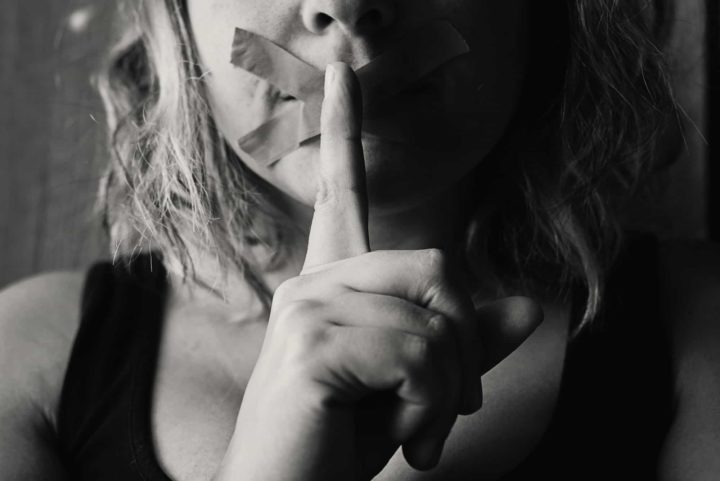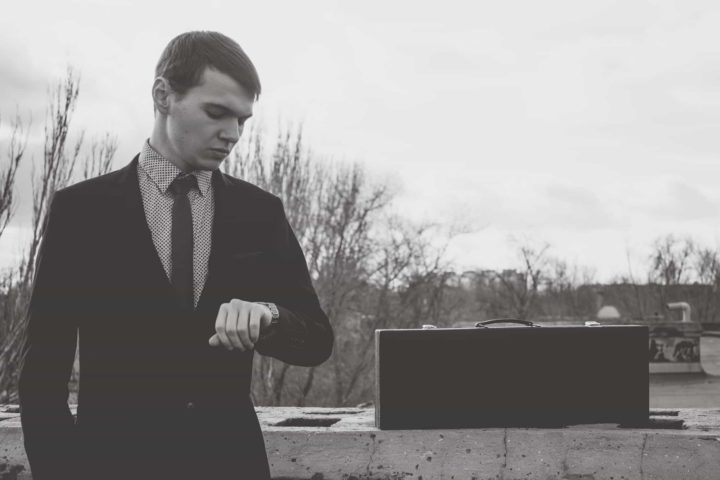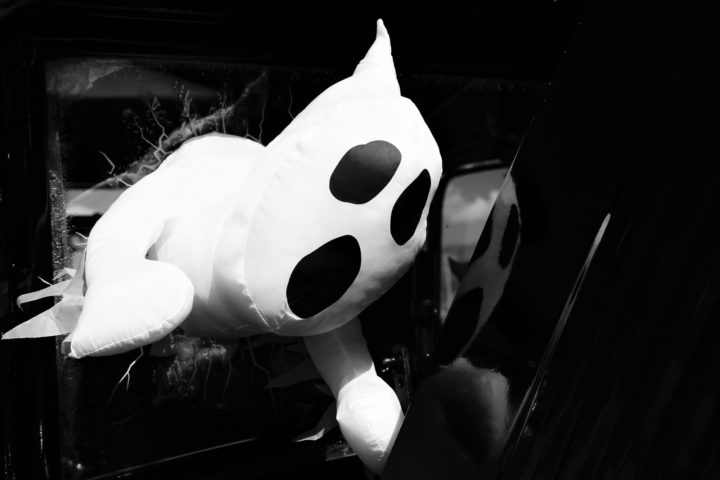“Come on, you are not depressed, please stop bitching around,” he said to me.
At some point in your life, nobody cares about your issues anymore. At some point, you reach adulthood, and you are supposed to take care of your life on your own. And if you don’t – for whatever reason – you should “man up and fix it already.”
But often we get damaged somewhere along the long path toward adulthood. Adulthood often comes way too many years after the damage was already done, and nobody cares anymore why you lack fundamental skills in emotional stability and forming relationships with others.
Some “adult situations” might rip open old scars and then make you immediately fall back to an earlier stage in your life, shoving you back into your head, and mentally put you back to a time and place in which you felt unable to handle the situation at hand in a proper adult-fashion.
I am talking about these personal situations where you immediately feel powerless again – just like the helpless child you once were when the pain was first introduced.
But a child never evolves into an emotionally broken person, instead it gets shaped into one (and most often even by the few adults who were supposed to take care of it during its most vulnerable times).
And of course, now you may ask: “But how could you possibly say that without offending some snowflake parents out there who sacrificed so much to raise their unthankful children?” Because everybody knows that you have to honor your parents for all the sacrifices they made to raise you, and you are not supposed to be disrespectful toward them.
“Honor your mother and father,” they wrote in the Fifth Commandment. But “even if they treat you like shit” was the implied addition they skipped because it didn’t fit the stone plate back then.
- But wouldn’t this imply that children have to respect and honor their parents, even when they beat them, neglect them, or dump their personal shit onto them?
- Wouldn’t this instilled belief of “you have to honor your parents” also mean that parents could do whatever they want and still expect unconditional love from their children? Luckily for them, there is a socially accepted “commandment” in place which forces innocent young children to desperately cling to their parents no matter what they do to or with them.
- And even worse: when they didn’t show them the respect they demanded, they treated them as the “bad child” also blaming them for the immediate punishment they were about to receive.
- Furthermore, could it be that these parents who might as well never experienced much love from their own parents, merely repeated the cycle of pain and now tried to fill this empty void within them with someone else who is physically unable to run away or leave them? And now that they found such a young human being capable of filling this role, wouldn’t they do everything in their power to keep them in that spot since else they would start leaking again?
- Could it be that these seemingly adult human beings, once similarly mistreated by their own parents, now found a “clever” solution to get the love they longed so desperately for in their own childhood?
But isn’t it still true that a broken person continues to break other (weaker) people to feel superior?
From the child’s perspective, the once all-mighty adult, who mistreated and emotionally crippled them, could never be outplayed or overcome. But now as these children have grown into adults themselves, they finally can punish the world for all the suffering they perceived in their most vulnerable times.
As a child, you cannot run from your parents. And when the adults who are supposed to take care of you are treating you like shit, what are your options then really?
You can’t just walk up to a stranger and open up as your mistrust in these “big people” is already lost. If the two parents who are supposed to love you unconditionally already cannot be trusted, how could you trust adults you don’t even know?
So, there are a few truths we shouldn’t argue with:
- A child is always innocent, but anybody could destroy this innocence in an instant.
- A child is never “difficult,” the difficulty arises in the parent’s own inability and emotional stability to handle and address the child’s current emotional situation and desires.
- (Emotionally) abused children raise into broken adults who repeat the same issues with their own children and other people around them sooner or later – at least if the problem is not adequately addressed and fixed.
- The degree of the mistreatment and the caused trauma are very much subjective. Therefore, even “meaningless” experiences can cause tremendous distress to a young child.
- Emotional pain caused by early childhood trauma remains stored deep within the body and is often sealed away into the unconsciousness. These children, once they grow into an adult themselves, will most often think back at the “happy childhood” they had, funnily enough, even idealizing their abusive parents.
- The ability to admit (and relive) traumatic childhood experiences through the long process of therapy and meditation is the only way to resolve it.
- The opposite of depression and trauma is not happiness and absence of pain and suffering, but a refreshing (and never felt before) sense of vitality and the freedom to experience spontaneously arising emotions without the fear of punishment or guilt.
- Young children who are for whatever reason unable to fully express themselves (without being judged poorly and punished for doing so) will find all types of coping mechanisms to avoid such uneasy situations.
- The broken child must let go of the illusion of a “happy childhood” and admit the suffering and mistreatment which it was once exposed to. Only by feeling, reliving and experiencing the full extent of the emotions, can the depression be undone, and the vitality and the creativity of this once innocent child restored.
- Naturally, children who fear punishment for expressing one part of themselves (often the uneasy ones like anger, hate, distress, need for love and understanding, disgust, etc.) learn to shut down these valid and genuine emotions. They will always “suck it up” if they fear they have to face the withdrawal of love (or even worse: anger, fury or even beating and other brutal punishments) by their parents.
- Over the long run, the once innocent child gets conditioned to avoid expressing its true emotions and instead obeys as the fear of similar punishments in the future is too much for it to handle. It does so to save itself from further harm. But most certainly, to survive.
But then I wonder: When you have to neglect parts of yourself because the outer world seems to not approve of it, and you have to cut off most of your spontaneous (and valid) emotions to avoid punishment, wouldn’t that directly lead into the next severe depression?
“No, you are not depressed, please stop bitching around.”
So I stopped bitching around and suppressed my feeling of feeling depressed.




